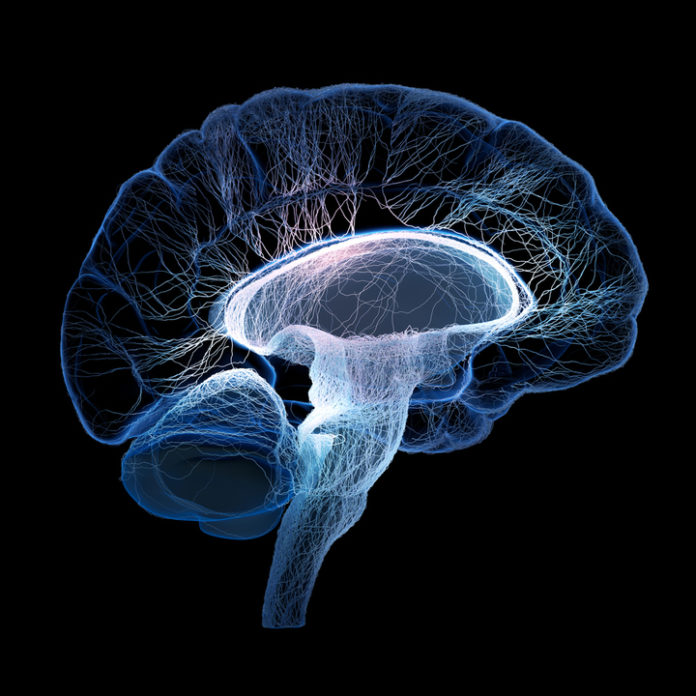A new study suggests a possible approach to treating cocaine abuse and preventing relapse by curbing physical and emotional cravings in the brain.
The research was led by Brooke Schmeichel, Ph.D., at the National Institute on Drug Abuse (NIDA) and her colleagues from the Scripps Research Institute, who hoped to develop a medication to treat cocaine addiction and prevent relapse.
The team found a link between addiction and the hypocretin/orexin (HCRT) system, the portion of the brain responsible for regulating wakefulness, sleep, appetite, arousal as well as other reward-related and motivating behaviors including compulsive substance cravings that are associated with addiction.
Schmeichel revealed that manipulating the HCRT brain system can disrupt the desire to use cocaine by changing the need for a reward after exposure to stressors such as cravings, withdrawal or underlying symptoms.
The researchers used rats to mimic the conditions of human drug use, addiction and relapse patterns. Some rats were provided with short-term (one hour) access to cocaine, while others were given long-term (six hours) access to cocaine.
The rats with long-term access to cocaine responded with a stress-induced reinstatement of drug-seeking behavior, indicating dependence on cocaine. These rats were given microinfusions of the HCRT-receptor agonist, which reduced the activity of the hypocretin peptide and caused the rats to exhibit a reduction in cocaine intake.
Researchers found that… (continue reading)
















